Guest Contributor
With energy demand expected to double by 2030, Pakistan shows significant growth potential for energy investment opportunities in the near term. By way of one of the most liberal foreign investment regimes in South Asia, Pakistan presents investment opportunities across the spectrum, from coal based power projects to natural gas and renewables. The Government of Pakistan attaches high priority to oil and gas exploration and the sector remains the major target of foreign investors. But, with new clean energy partnerships, opportunities exist for investment in innovative technologies. Boasting new policy frameworks, Pakistan is positioning itself to efficiently exploit its resources and leverage investments in newer energy technologies.
Read More
Topics:
Renewable Energy,
Energy Investment,
Pakistan,
Pakistan Energy,
Pakistan Energy Investment
Co-author Morgan M. Gerard
Despite the low price of oil throughout the year, 2015 may have been an inflection point for renewable energy as a competitive generation source in the U.S. Deutsche Bank has noted that renewable sources, like solar, have reached, or will soon reach, grid parity with fossil fuel sources in many states. As non-fossil energy has become more economically viable, the industry has responded by standardizing and streamlining project processes, and by accessing financing vehicles like yieldcos and public bonds. Despite growth, the past year has also been a tumultuous one full of unexpected developments and policy shifts including the COP 21 agreement and the Clean Power Plan (CPP), and the formation of intriguing grassroots coalitions, like the green tea party. All of these developments were, of course, set against the specter of a potential step-down of the Investment Tax Credit (ITC), and its surprising last-minute revival. The following is a breakdown of some of the major developments impacting renewables in 2015.
Read More
Topics:
NY REV,
Energy Policy,
Energy Finance,
Distributed Energy,
YieldCo,
Solar Energy,
Renewable Energy,
Wind,
COP21,
Renewable Energy 2015,
Distributed Energy Resources,
CPP,
Green Tea Party,
Net Metering,
Net Energy Metering,
NEM,
DG,
Energy Project Finance,
Renewable 2015,
Green Energy,
Green Energy 2015,
Solar Energy 2015,
DER,
Offshore Wind,
Clean Power,
clean power plan,
Georgia Solar,
2015,
energy,
Wind Energy,
Energy Project,
Green 2015,
California DRP
Despite “grinchy” recent predictions from some, the solar industry looks set to receive some holiday cheer with the odds on an investment tax credit (ITC) extension seemingly rising by the minute. Many credit the ITC as one of the predominant factors behind the surge of solar in the U.S. Despite some pushback from House Republicans last week, the lower chamber is set to vote on an omnibus appropriations bill by the end of this week, which includes a five-year extension of the credit.
Read More
Topics:
Structured Transactions & Tax,
Solar Energy,
Renewable Energy,
Oil & Gas,
ITC,
Oil Export Ban,
Investment Tax Credit,
Congress
Co-author Morgan M. Gerard
Many of the polices that helped enable the proliferation of rooftop solar installations in California, specifically net metering at the retail rate of electricity, have been preserved by the state’s Public Utilities Commission (CPUC), at least for the time being. Although net metering has come under fire in recent years, the Commission in a proposed decision issued this past Tuesday, sided with the solar industry despite utility claims that rooftop generators are overcompensated for their electricity, and do not share in covering the maintaining costs of the grid.
Read More
Topics:
Energy Policy,
Distributed Energy,
Solar Energy,
Renewable Energy,
Net Metering,
Net Energy Metering,
California Public Utilities Commission,
NEM,
CPUC,
DG,
Time of Use Pricing,
TOU,
Distributed Generaton,
Distributed Resource Plans,
DRP
The scheduled stepdown of the solar Investment Tax Credit (ITC) from 30% to 10% at the end of 2016 has become a bit of a political football among the pro-solar crowd. Even mentioning the possibility of a stepdown occurring can lead to accusations of negativity from extension advocates. However, despite the negative connotations of discussing the ITC in the context of a decline rather than an extension, it would behoove participants in the solar markets to at least consider what life at 10% could mean to them. That is particularly true after a whirlwind of a week in Washington that, if anything, has made the fate of the ITC murkier than ever.
Read More
Topics:
Energy Policy,
Energy Finance,
Solar Energy,
Renewable Energy,
ITC,
Investment Tax Credit
“Never have the stakes been so high because this is about the future of the planet, the future of life” notes French President Francois Hollande with respect to the 21st Session of the Conference of the Parties (COP 21). Representatives from more than 190 nations are currently gathered in Paris to discuss a possible new global agreement on climate change, aimed at reducing greenhouse gas emissions. Global emissions have steadily increased over the past 15 years, but according to a study, published in the journal Nature Climate Change and presented at COP 21, global emissions from fossil-based fuels and industry are likely to have fallen 0.6 percent in 2015, even as the world’s economy has grown. The representatives attending the conference hope to capitalize on this opportunity and continue the work to reduce emissions.
Read More
Topics:
Energy Policy,
Renewable Energy,
COP21
Co-author Emma Spath
In the midst of the Fukushima Daiichi nuclear disaster in March 2011, electric vehicle (EV) batteries were used in an unusual and innovative way—as energy storage. The earthquake caused a plant shutdown, but the following Tsunami waters damaged the back-up diesel generators responsible for cooling the plant’s systems. Many do not realize that as the situation in the nuclear reactors became increasingly dire and with no ability to generate power onsite, the Tokyo Electric Power Co. (TEPCO) brought in fully-charged EV batteries to supply electricity, restart the pumps, and reestablish steady water circulation for cooling. Fukushima demonstrated to the world that EV batteries can not only be used for transportation, but also as mobile power sources able to resupply the power grid.
Read More
Topics:
Energy Storage,
Renewable Energy,
Electric Vehicles
Historically, utilities have shouldered the burden of mitigating the security risks inherent in energy generation, distribution and transmission. The utilities were, and continue to be, well-placed to do so as they benefit from historical knowledge, existing relationships with regulators and grid operators, large and highly-trained workforces and, perhaps most importantly, the ability to rate base. Although the nature of risks has evolved over the years, with terror threats and privacy concerns added to the list of conventional risks like weather events, traditional utilities have been up to the task with a few noteworthy exceptions.
However, the traditional model of energy generation and distribution is in midst of an evolution that, arguably, could be more impactful to the U.S. grid than deregulation has been. Even in competitive generation markets, retail interaction with customers has been handled almost exclusively by the utility as an energy aggregator with the ability to rate base. Places like New York are now serving as the test labs for alternate models as regulators there have been shifting their gazes toward distributed generation models where smaller, independent entities would drive power supply through resources co-located, or else located in proximity, with end users.
Read More
Topics:
Utilities,
NY REV,
Power Generation,
Microgrid,
Energy Finance,
Distributed Energy,
Energy Management,
Solar Energy,
Renewable Energy
YieldCos have been hammered lately, both in the stock market (though things have recently been picking up) and in the press. The reasons are myriad with theories addressing MLP values, rising interest rates, negative public statements from management teams, a slowing Chinese economy, lower oil prices, capital constraints and YieldCo disassociation from parents entities all being floated as potential reasons for recent losses in shareholder value.
Read More
Topics:
Energy Policy,
M&A,
Structured Transactions & Tax,
Power Generation,
Energy Finance,
Distributed Energy,
YieldCo,
Solar Energy,
Renewable Energy
The Mid-Atlantic region (Maryland, Delaware, Virginia and the District of Columbia) is currently at the forefront of discussions regarding the next generation of distributed electricity markets. Notable developments pushing the region into the spotlight recently include M&A activity, creativity on the part of public service commissions, local innovations in PACE finance, and increasing flexibility on the part of local utilities.
Read More
Topics:
Water Energy Nexus,
Utilities,
Water,
Carbon Emissions,
Energy Security,
Thermal Generation,
Energy Policy,
M&A,
Structured Transactions & Tax,
Energy Storage,
Energy Efficiency,
Power Generation,
Microgrid,
Energy Finance,
Distributed Energy,
Energy Management,
Solar Energy,
Renewable Energy,
Wind,
Oil & Gas




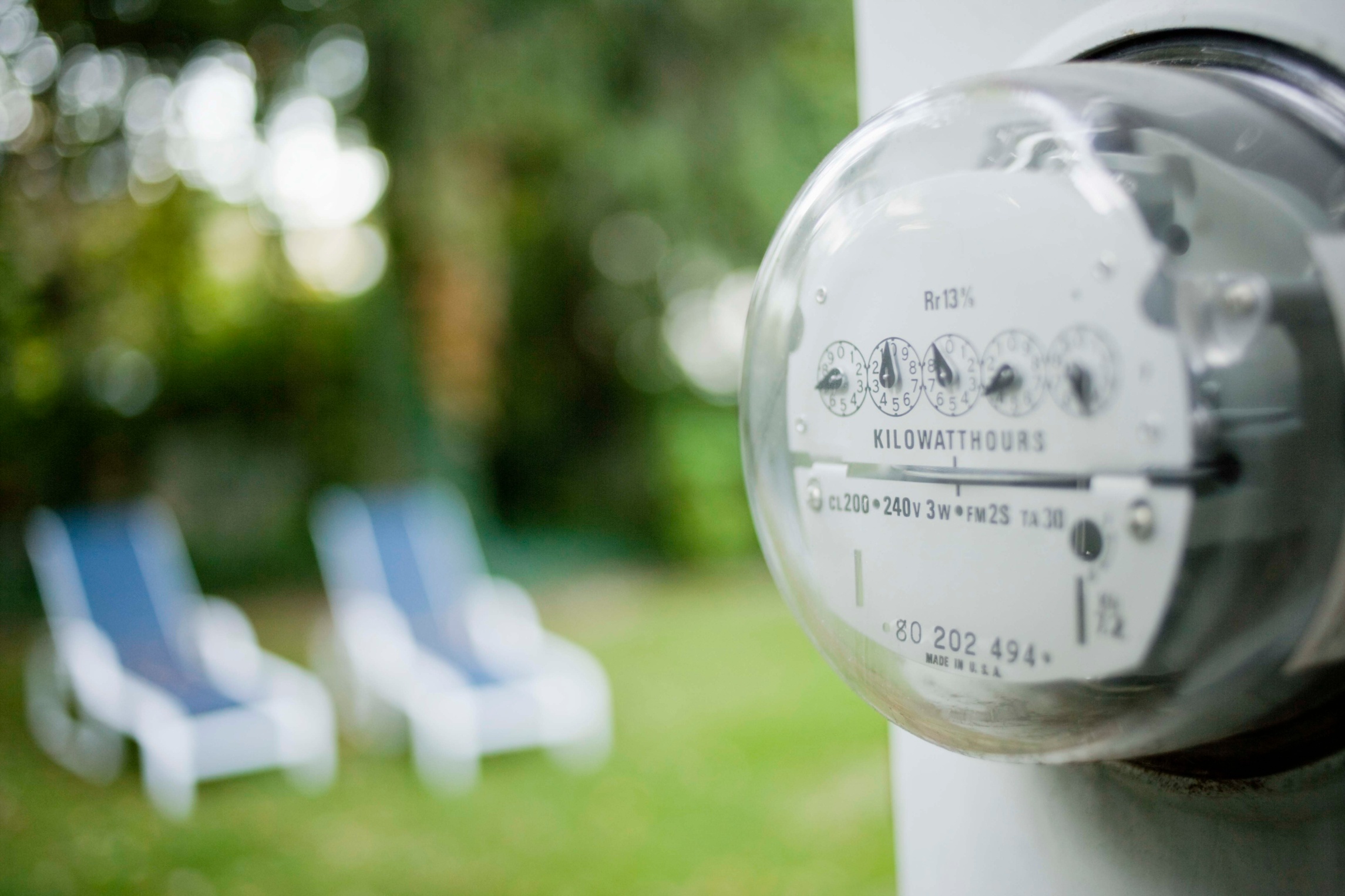
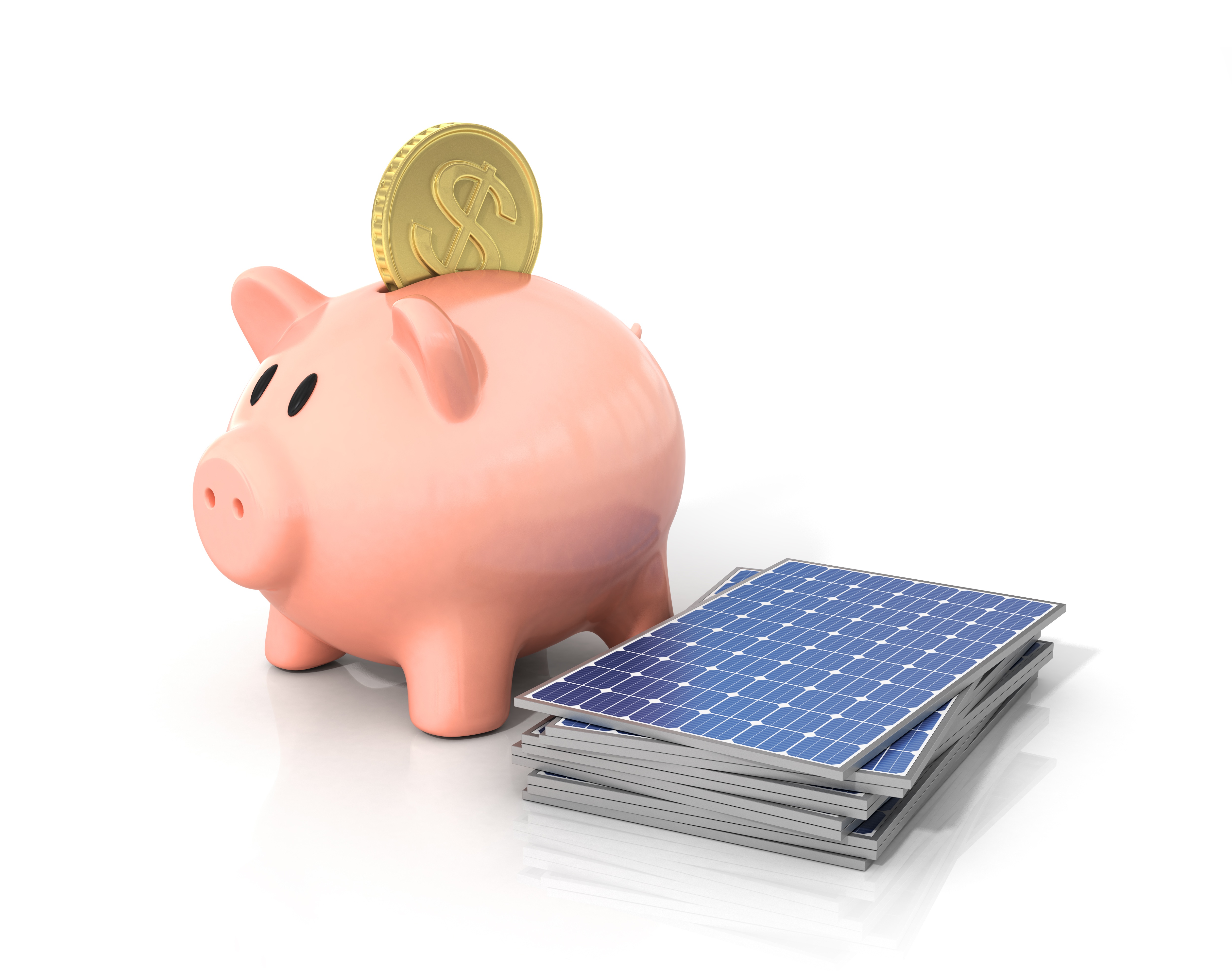

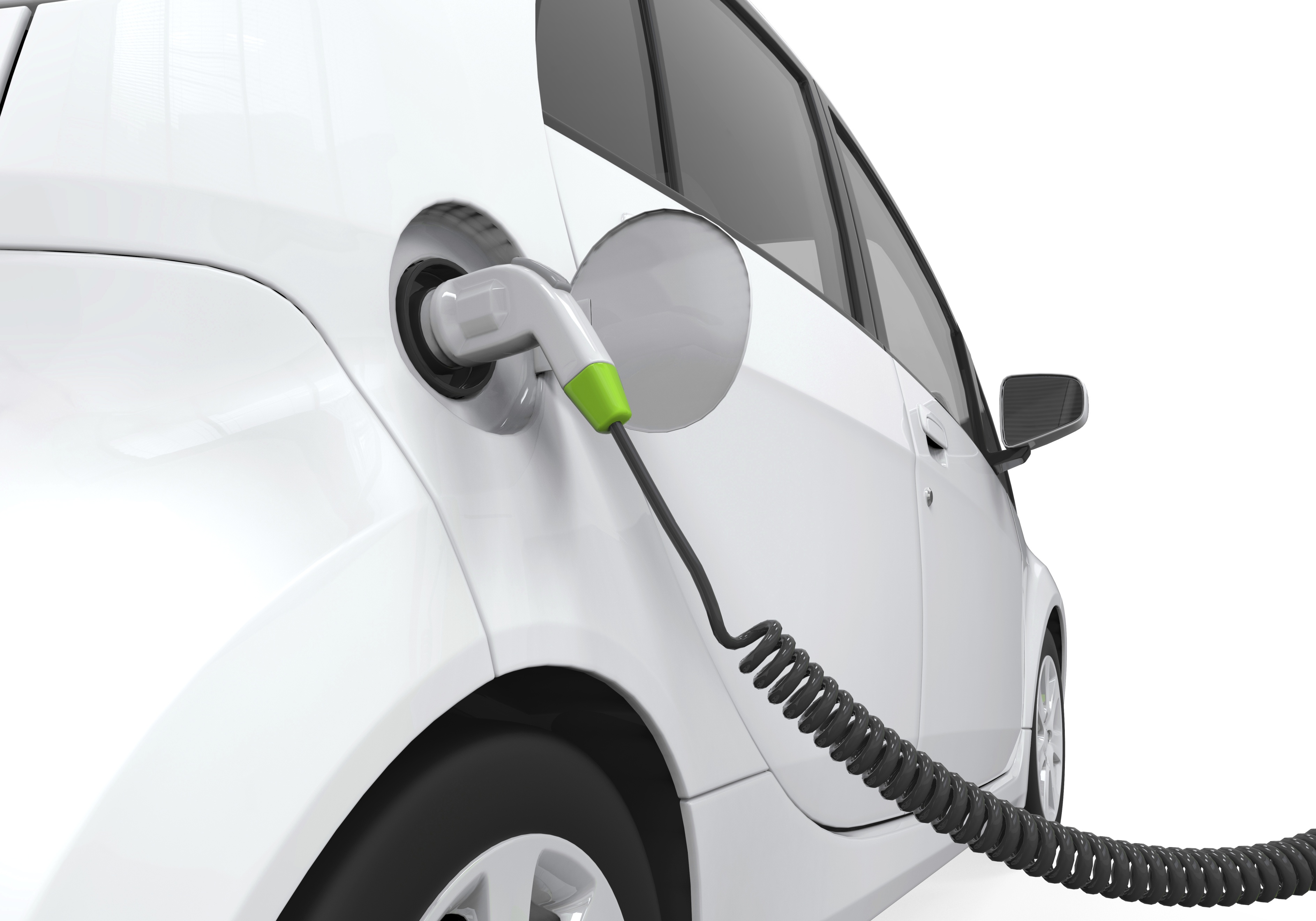
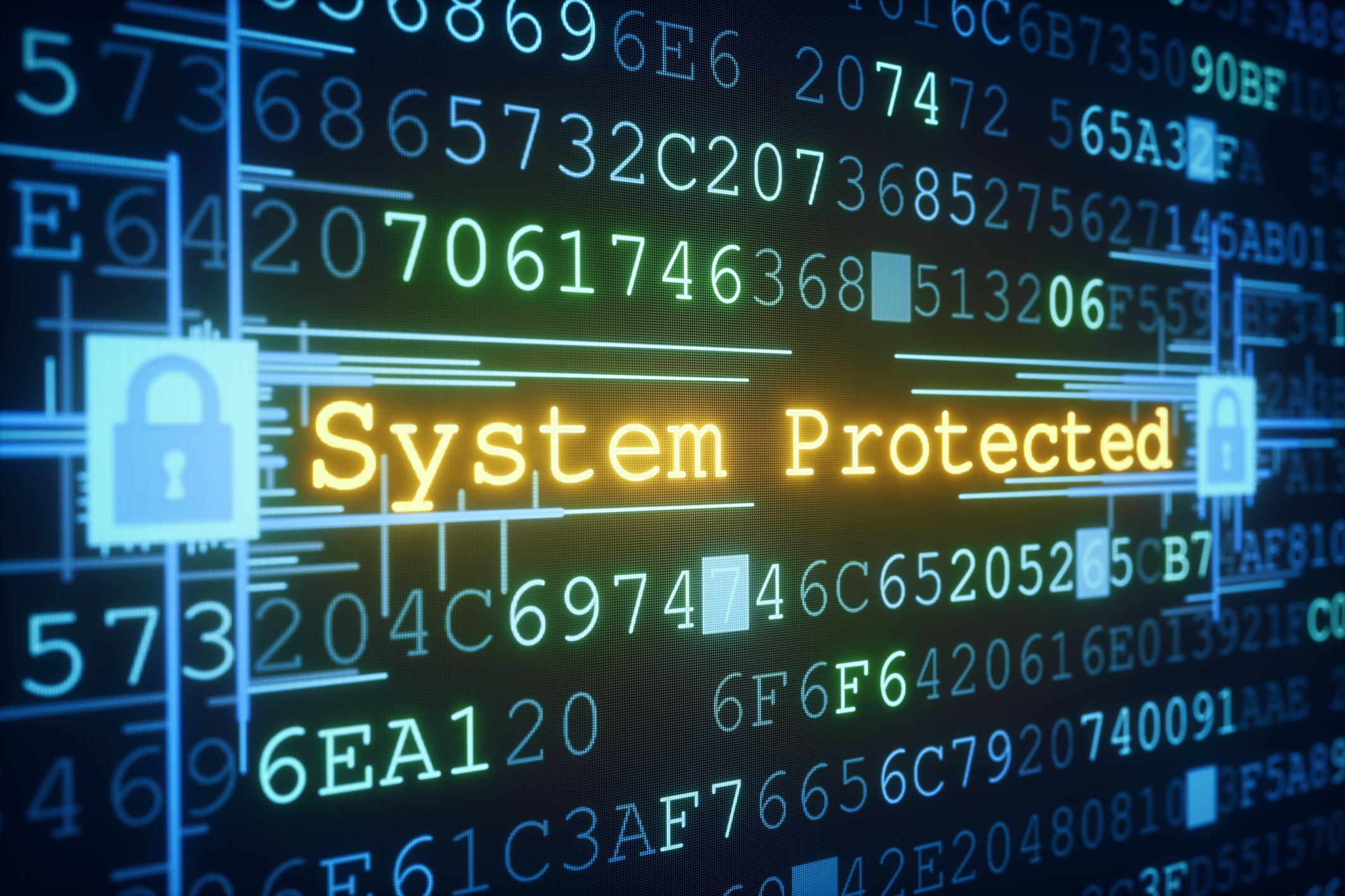
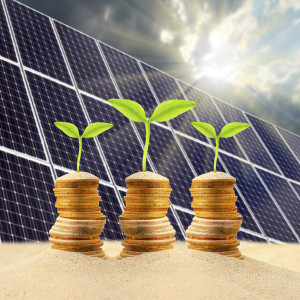
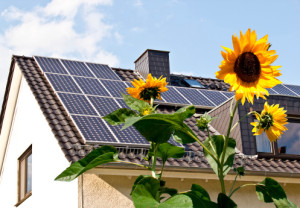
.jpg?width=220&name=Sullivan%204c(B2402503).jpg)